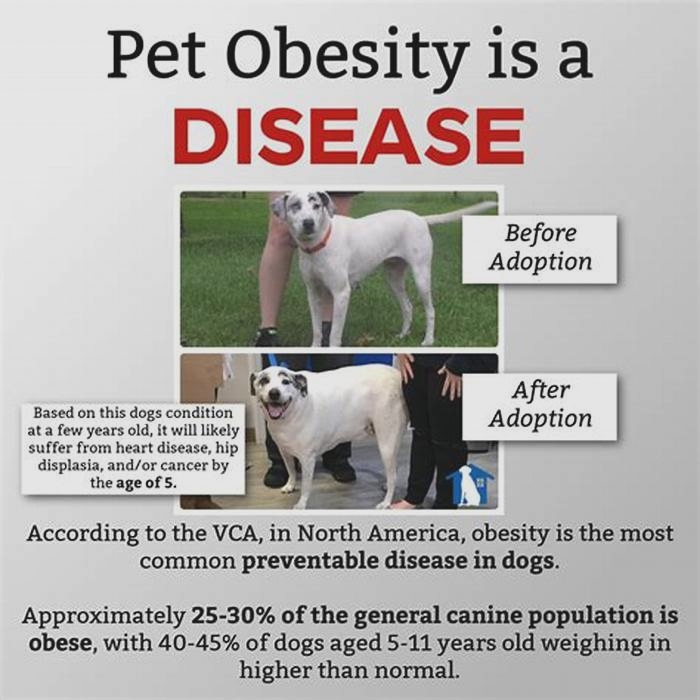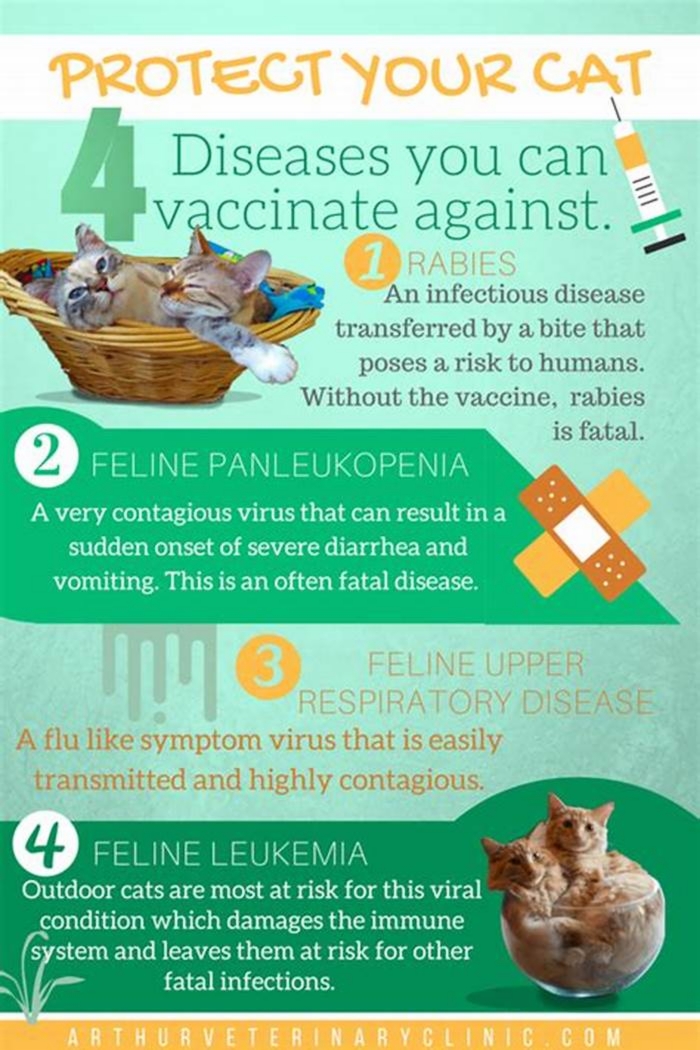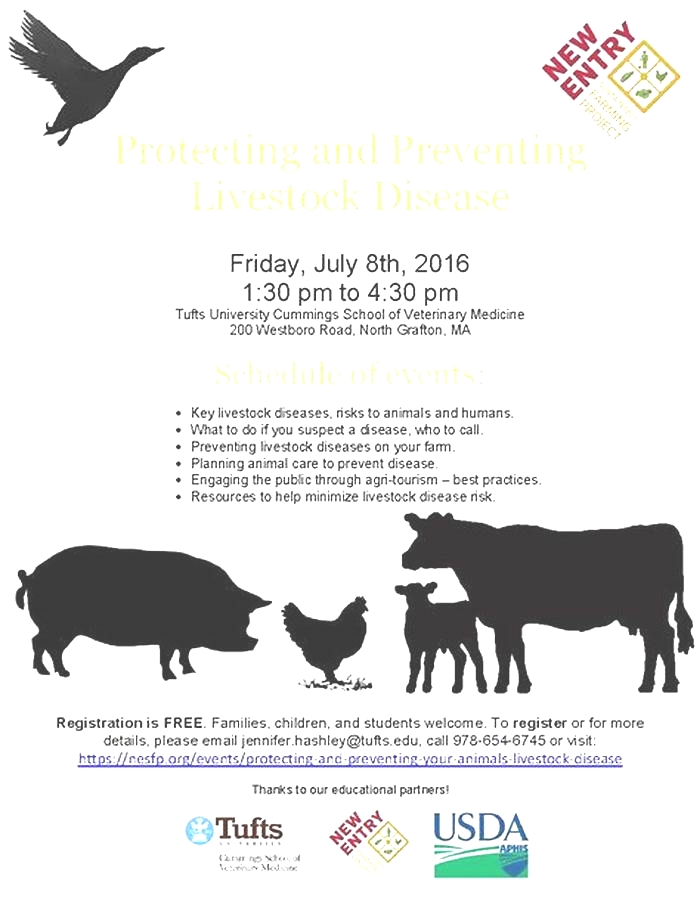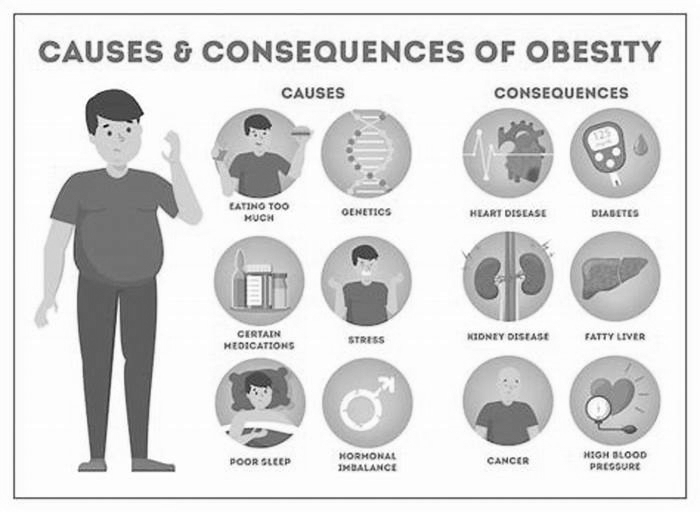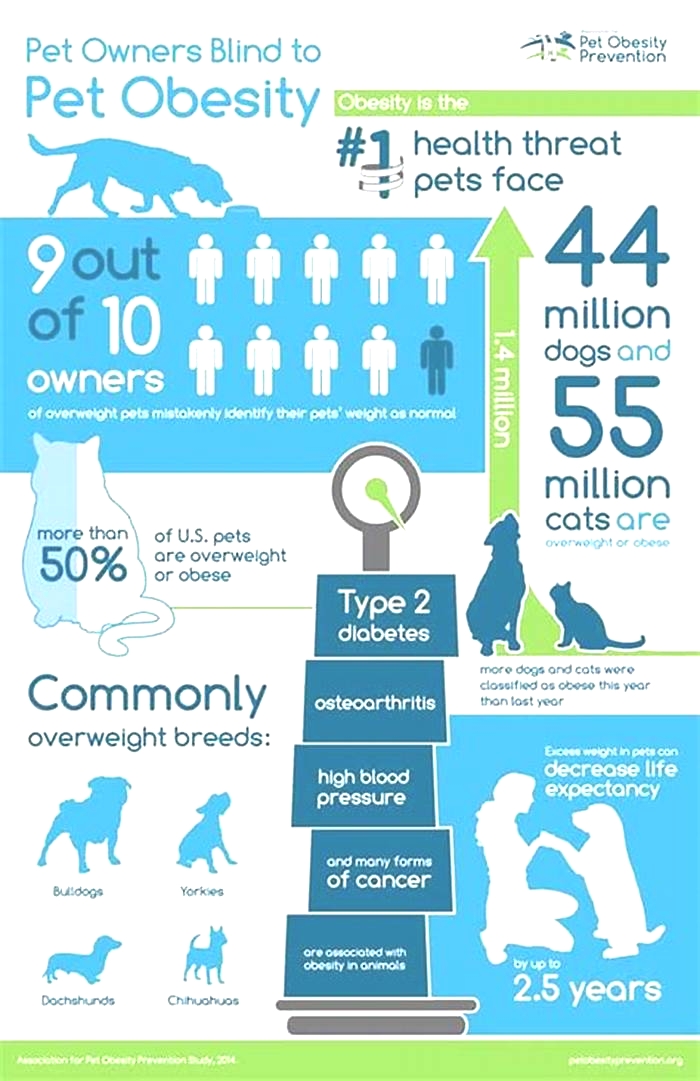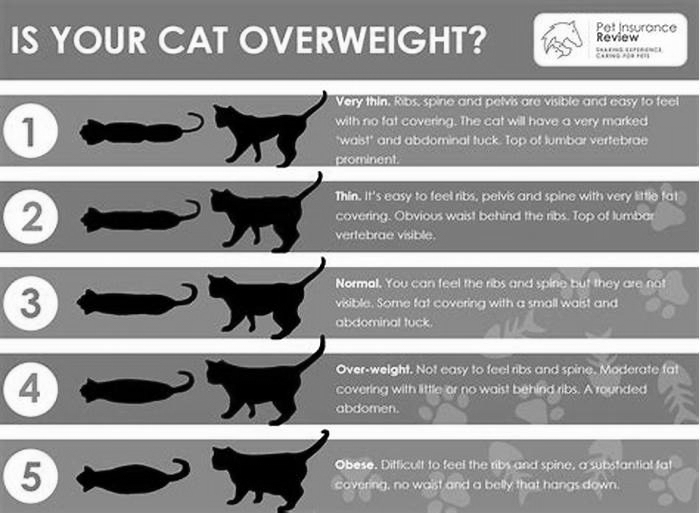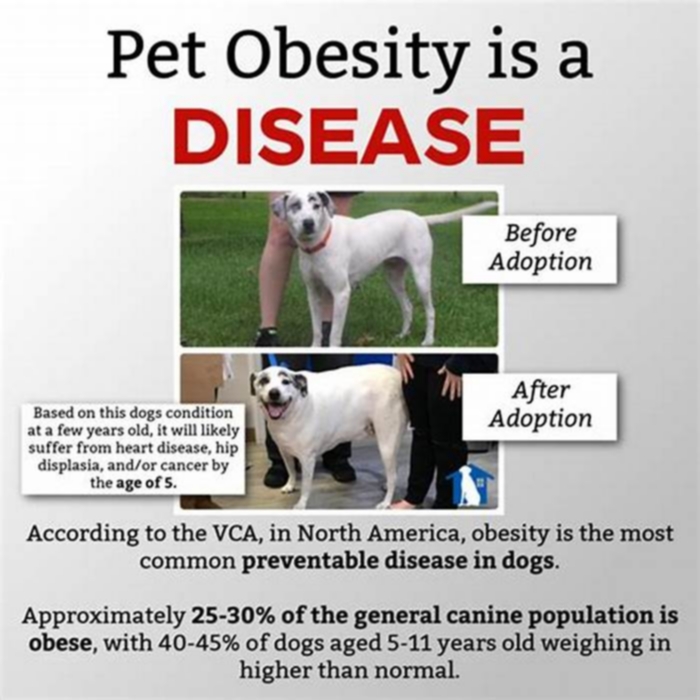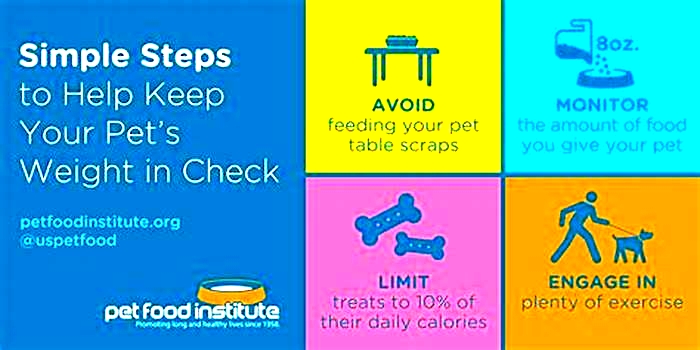Is pet obesity a disease
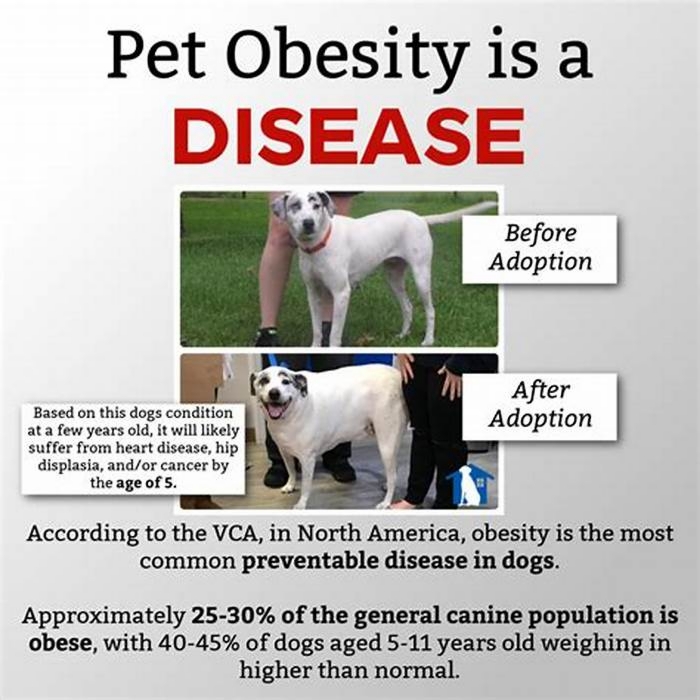
Pet obesity epidemic is top welfare concern for vets
Over 60% of vets say obesity is the biggest health and welfare concern for UK pets, according to figures released by the British Veterinary Association (BVA) this World Obesity Day (11 October).
BVAs Voice of the Veterinary Profession survey polled over 1,600 vets across the UK about the welfare issue that they were most concerned about, with almost two-thirds of companion animal vets citing obesity or overfeeding. As with humans, obesity is a very serious health issue for pets and can lead to life-long and life-threatening illnesses such as heart disease, breathing problems, diabetes and arthritis.
Not following or understanding pet food feeding guidelines, providing too many treats and snacks, and a lack of exercise are all issues contributing to the expanding paunches of our nations pets. Although many people believe they are being kind to their animals by providing treats and bigger food portions, they are instead, unintentionally, contributing to their pets poor health and limiting their lifespan. Many owners also give their pets human food as a treat, however one human biscuit can equate to a whole packet when fed to an animal due to their smaller body size.
Gudrun Ravetz, President of the British Veterinary Association, said:Obesity is a potential killer for pets and we know more and more practices are seeing overweight animals coming through their doors. Many owners show love for their pet through food, but often this is a case of killing with kindness - most animals would instead enjoy playing or interacting with their owner just as much as getting a treat. Its also vital that owners understand how to correctly feed their pet and how to recognise a healthy body shape, which is something your local vet is well placed to help advise.
Professor Susan Dawson, President of the British Small Veterinary Association (BSAVA) added:It really is vital that vets and pet owners work together to help animals stay healthy. All companion animals deserve a nutritionally balanced diet; in fact it is a requirement of the Animal Welfare Acts. Of course it is tempting to give too many treats and easy to forget to weigh food out, but because obesity can cause serious health and welfare problems for companion animals BSAVA strongly recommends that bodyweight and body condition are monitored regularly and diets modified to maintain a healthy weight. Talk to your vet or vet nurse they can help.
Any pet can become obese and it is therefore very important to understand how to feed them correctly. If owners are in any doubt about their pets diet or unsure of the right food or portion size for their animal, they should speak to a local vet who will be able to advise them.
The dangers of pet obesity: causes, treatment, and prevention
There are a variety of factors that make your pet prone to obesity, including feeding them people food. We love our pets. When their big, hopeful eyes lock with ours as we rummage through our pantry, its natural to give in and let them have a little bit of the food were going to eat. But feeding your pets people food in addition to their pet food increases the number of calories and fat that they consume. Too much food, along with other factors, can cause serious health problems.
Breed
American bulldogs, Dachshunds, Labrador retrievers, and basset hounds are among the breeds with an increased chance of being overweight. Some of it is genetics, but dachshunds and basset hounds, in particular, also have a unique body shape and size that adds to their risk.
For more helpful information, take a look at our vet-approved guide to potential health conditions that affect dogs.
Age
Humans risk for obesity rises with age, and the same goes for our pets. As pets age, they dont have as much energy for long walks and games of fetch. They prefer to take more naps during the day. However, its still important to encourage senior pets to exercise. Take your dog on a shorter walk more frequently, or have your cat chase a laser-pointer light up and down the hallway a few times a week. Exercise for pets of all ages is important to help maintain a healthy weight and keep their muscles toned. Senior pets also may require some lifestyle tweaks to make up for less exercise.
Spayed/neutered
Spaying and neutering your pet has many benefits, including decreasing the risk of unwanted animals in shelters. However, recent researchTrusted SourcePubMed CentralArchive of biomedical and life sciences journal literature.Go to source has linked spaying and neutering to pet obesity later in life. Pet owners can combat this risk by adhering to a healthy diet.
Food type
Pets need a well-balanced high-quality diet. Foods with too many kilocalories per cup (kcals per cup), can up a pets obesity risk. An Association for American Feed Control Officials (AAFCO) label signifies a well-balanced high-quality pet food. Make sure you check for this label when looking for food for your pet.
Food amount
Overeating is a common factor contributing to obesity, whether its feeding too much human food, kibble, or treats. Gradually reducing a pets food intake may help. However, consult with your local veterinarian first to see if you are feeding your pet too much. Sometimes, a pet eats too fast to digest the food, so they miss hunger cues. You can pace their consumption with slow-feed bowls.
Underlying health conditions
Specific issues, including hypothyroidism and osteoarthritis, can raise a pets obesity risk. If your pet has these risks, pay close attention to their diet, body condition, and weight. Pet parents can access body condition charts to assess their dog or cat.

